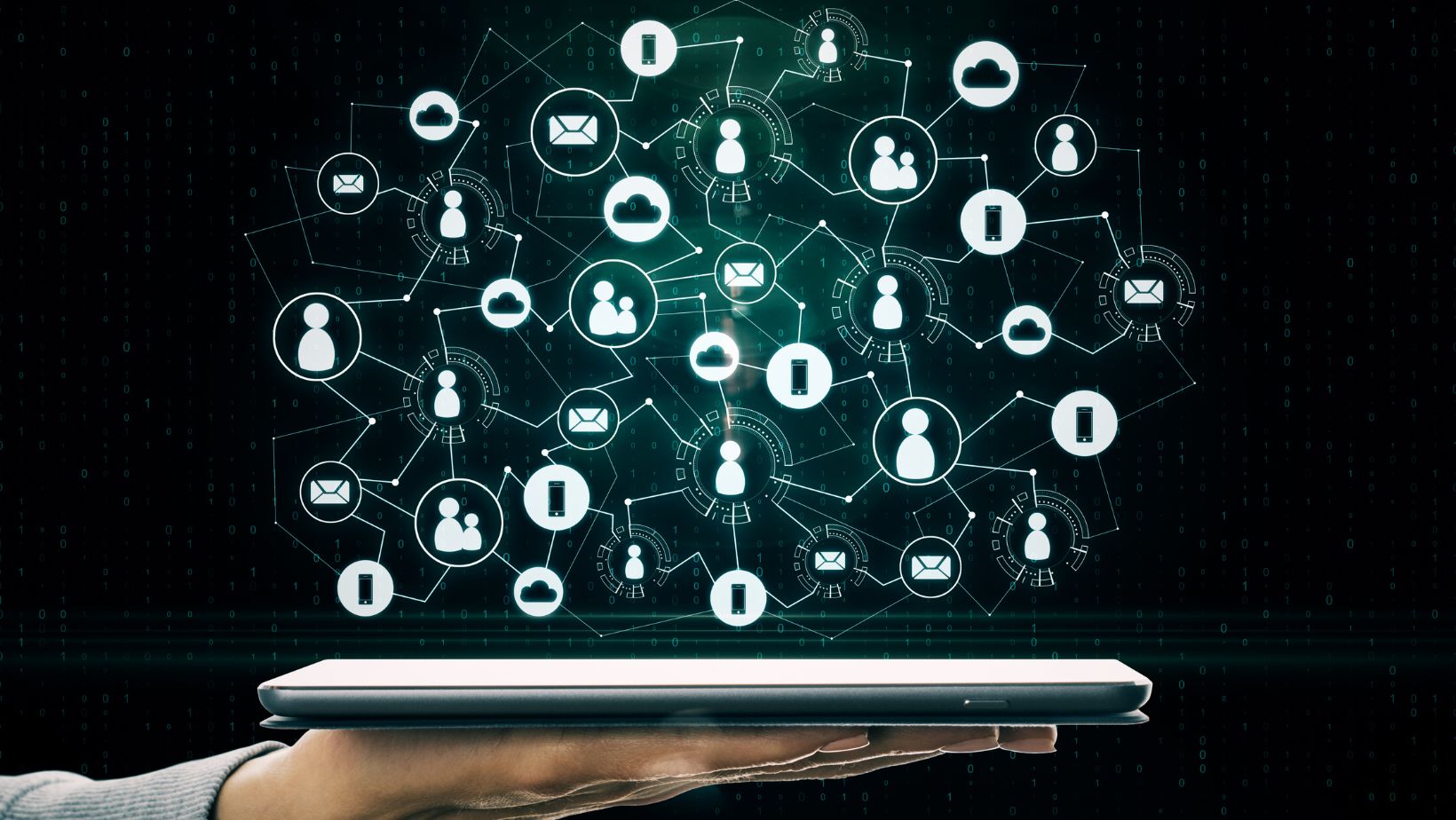
In the dynamic world of human resources, technology continues to reshape how companies manage their most valuable asset: their people. From artificial intelligence to advanced analytics, the latest trends in HR technology are not just transforming administrative efficiencies but are also enhancing the employee experience. These innovations promise a more streamlined, strategic approach to talent management, ensuring that businesses stay competitive in a rapidly changing marketplace. Understanding key processes, like how to send an invoice, is essential for optimizing operations and maximizing the benefits of these technologies.
As organizations navigate a landscape marked by global talent shortages and increasing demands for flexibility, staying ahead of these technological trends is more crucial than ever. Leveraging cutting-edge tools can help HR professionals make data-driven decisions that align with their business goals and foster a culture of growth and inclusivity. This article explores the key technology trends currently shaping the future of human resources, offering insights into how they’re being implemented and the impact they’re having on the industry.
Human Resources Technology Trends
From Paper to Digital
Organizations transition from paper to digital systems, significantly enhancing HR operations. Digital documents and cloud-based platforms replace traditional file cabinets and paperwork, leading to better data management and accessibility. Employees benefit from rapid, seamless access to personal documents and company policies through these digital solutions, which boosts their overall engagement and satisfaction.
Integration of AI and Automation
 The integration of AI and automation within HR processes redefines talent management and operational efficiency. AI tools analyze vast amounts of data to provide insights about hiring trends, performance metrics, and employee engagement. Automation streamlines repetitive tasks such as payroll processing and employee onboarding, freeing up HR professionals to focus on strategic initiatives. This technological integration not only accelerates various HR functions but also improves accuracy and compliance with employment laws.
The integration of AI and automation within HR processes redefines talent management and operational efficiency. AI tools analyze vast amounts of data to provide insights about hiring trends, performance metrics, and employee engagement. Automation streamlines repetitive tasks such as payroll processing and employee onboarding, freeing up HR professionals to focus on strategic initiatives. This technological integration not only accelerates various HR functions but also improves accuracy and compliance with employment laws.
Key Human Resources Technology Trends in 2023
AI-Powered Recruitment Tools
 AI-powered recruitment tools transform the hiring process, making it more efficient and effective. These tools automate the screening of resumes, helping identify the best candidates based on predefined criteria. For example, platforms like LinkedIn and HireVue use AI to analyze video interviews, assessing candidates’ verbal and non-verbal cues. This technology not only speeds up the recruitment process but also enhances the quality of hiring decisions. Moreover, it minimizes biases, promoting a more diverse and inclusive workforce. As talent acquisition becomes increasingly competitive, these AI tools become essential in giving companies an edge by enabling quicker, smarter hiring decisions.
AI-powered recruitment tools transform the hiring process, making it more efficient and effective. These tools automate the screening of resumes, helping identify the best candidates based on predefined criteria. For example, platforms like LinkedIn and HireVue use AI to analyze video interviews, assessing candidates’ verbal and non-verbal cues. This technology not only speeds up the recruitment process but also enhances the quality of hiring decisions. Moreover, it minimizes biases, promoting a more diverse and inclusive workforce. As talent acquisition becomes increasingly competitive, these AI tools become essential in giving companies an edge by enabling quicker, smarter hiring decisions.
Employee Wellness Tech
Employee wellness tech emphasizes the importance of health and well-being in the workplace. Technologies such as wearable fitness trackers and mental health apps allow employees to monitor their health metrics and access support anytime. For instance, Fitbit and Headspace provide tools that help employees track physical activity and offer guided meditation sessions, respectively. These technologies lead to better health outcomes and increased productivity, making them invaluable in today’s fast-paced work environments. They also support remote and hybrid work models by helping employees maintain a balance between work and wellness, regardless of their physical workplace.
Remote Workforce Management
 Remote workforce management technology is crucial for supporting flexible work arrangements, a trend that has become a norm rather than an exception. Tools like Zoom for video conferencing and Asana for project management ensure that teams can collaborate effectively from various locations. These technologies make communication seamless and keep projects on track without the need for physical presence. They also provide HR managers with real-time insights into workforce productivity and engagement, which are vital for making informed decisions. This tech trend not only supports operational continuity during disruptions but also caters to the increasing demand for work flexibility and autonomy among employees.
Remote workforce management technology is crucial for supporting flexible work arrangements, a trend that has become a norm rather than an exception. Tools like Zoom for video conferencing and Asana for project management ensure that teams can collaborate effectively from various locations. These technologies make communication seamless and keep projects on track without the need for physical presence. They also provide HR managers with real-time insights into workforce productivity and engagement, which are vital for making informed decisions. This tech trend not only supports operational continuity during disruptions but also caters to the increasing demand for work flexibility and autonomy among employees.
Benefits of Adopting New HR Technologies
Adopting the latest HR technologies isn’t just a trend—it’s a strategic imperative for modern businesses. By embracing AI, automation, and specialized software, companies can significantly enhance their HR operations, making them more efficient and compliant. These technological solutions empower organizations to meet the evolving demands of the workforce and stay competitive in a fast-paced market. As businesses continue to navigate the complexities of talent management and workplace flexibility, the integration of advanced HR tools will play a pivotal role in shaping sustainable, inclusive, and productive work environments.


